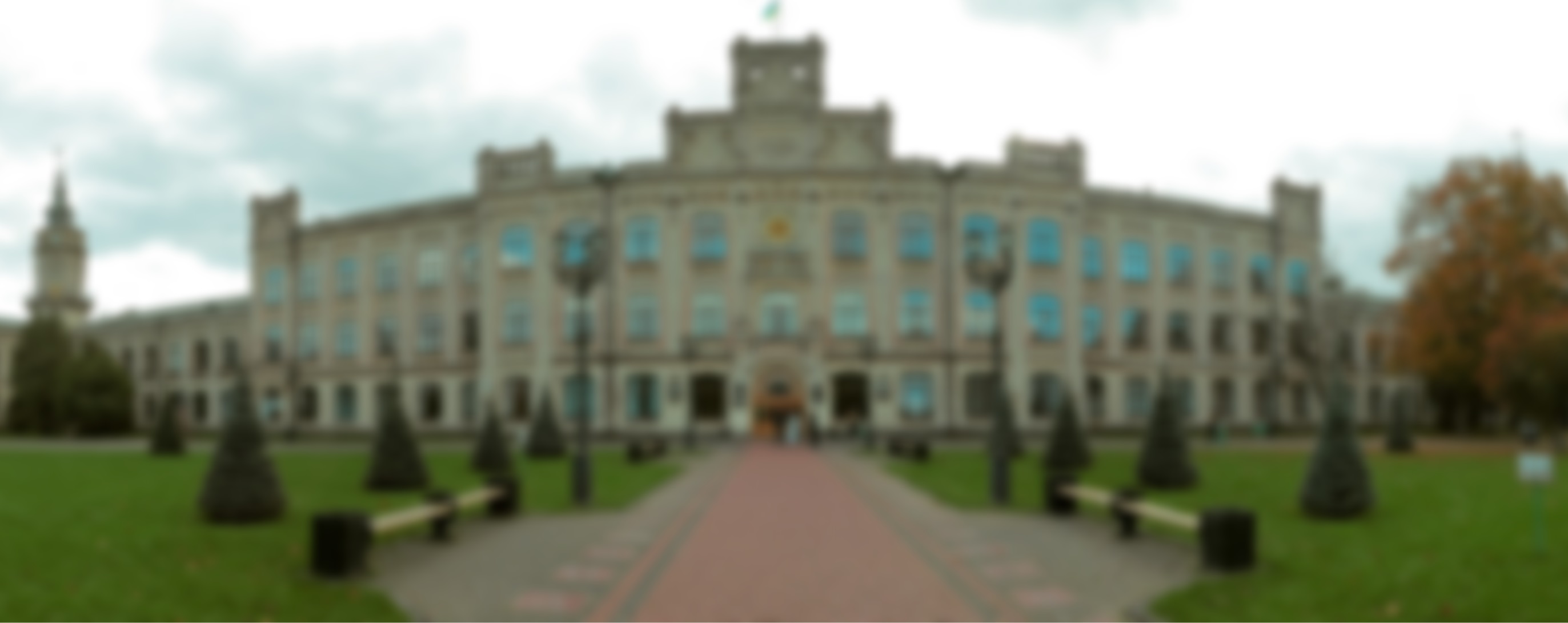Електронний архів наукових та освітніх матеріалів КПІ ім. Ігоря Сікорського
ELAKPI – інституційний репозитарій, що накопичує, зберігає, розповсюджує та забезпечує довготривалий, постійний та надійний доступ через Інтернет до наукових та освітніх матеріалів професорсько-викладацького складу, співробітників, студентів, аспірантів та докторантів КПІ ім. Ігоря Сікорського. За посиланням можна ознайомитися з положенням про ELAKPI.
Доступ до матеріалів ELAKPIДоступ до повних текстів матеріалів ELAKPI вільний в мережі Інтернет, крім:
Щоб отримати права на перегляд/скачування повних текстів ресурсів, доступних тільки в локальній мережі університету, зареєстровані користувачі Бібліотеки КПІ ім. Ігоря Сікорського можуть скористатися послугою Віддалений доступ до "локальних" ресурсів. | КонтактиБібліотека КПІ ім. Ігоря Сікорського, зал № 4.4, тел. +38 (044) 204-96-72, elakpi@library.kpi.ua, elakpi.ntb@gmail.com |

Фонди
Виберіть фонд, щоб переглянути його зібрання.
- Вільний доступ
- Доступ у читальній залі № 6.6 НТБ
- Припинив існування 1.07.2020
- Доступ у читальній залі № 6.6 НТБ
- Стара назва до 1.09.2025 року - Інженерно-хімічний факультет (ІХФ)
- Припинив існування 1.07.2018
- Раніше - Факультет прикладної математики (ФПМ)
- Припинив існування 1.07.2020